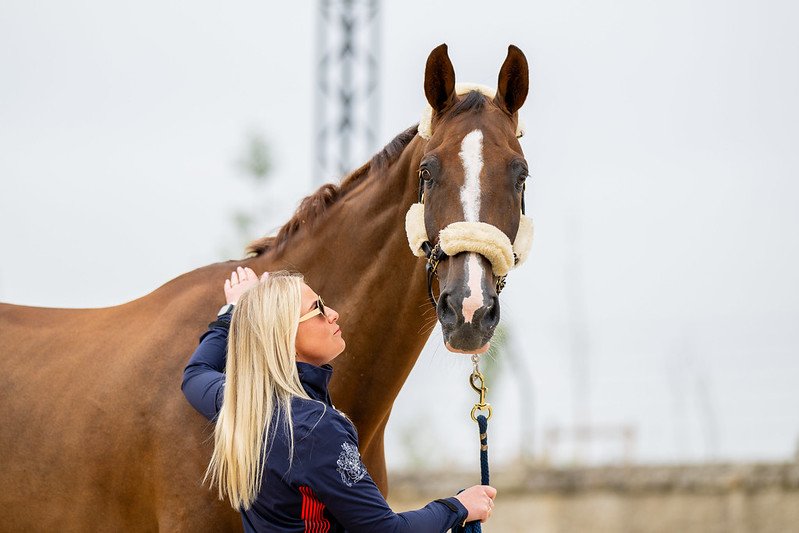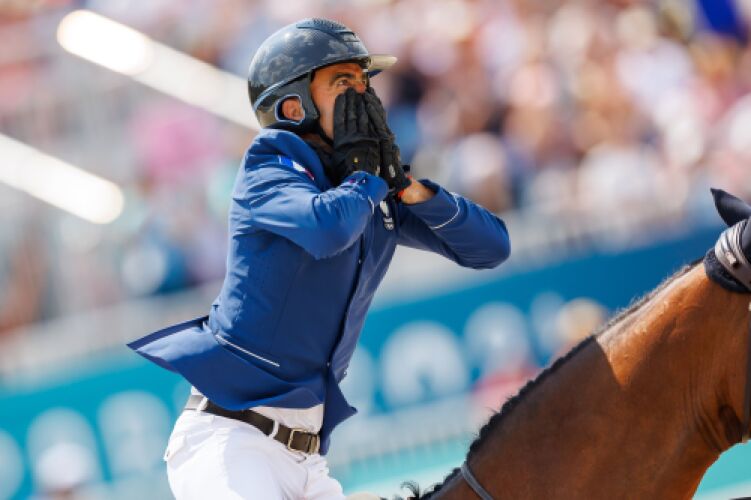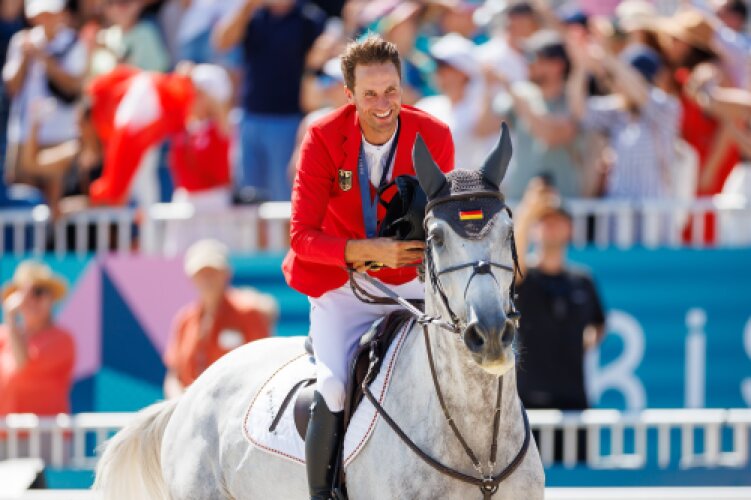With just days until the equestrian competitions begin, the first sound of hooves has echoed through the historic grounds of Versailles, signalling the arrival of some of the most elite equine athletes in the world. Don't miss a thing check out equnews.com/olympics ...
The arrival of the Eventing horses today, will be followed by the Dressage horses in two days, with the Jumping horses scheduled to arrive on 28 July. For these four-legged Olympians who have been training hard to compete on a global stage, their accommodation is nothing short of a five star rating.
Four-Legged athletes deserve five-star facilities
The stables at Versailles are more than just a place to rest. Each horse will enjoy a spacious 4m x 3m box with rubber mats and locally-sourced bedding of straw or shavings, ensuring comfort and sustainability. These horses are also attended to by dedicated grooms who will provide personalised care.
Versailles is not just about stabling. The grounds provide ample areas for grazing and exercise, three sand rings for lunging, six exercise areas –including one covered area –plus a gallop track and dedicated grazing zones. It is a comprehensive setup designed to ensure that each horse can thrive and perform at their best. A team of highly experienced farriers service the horses with individually adapted hoof care.
Veterinary care - par excellence
A world-class veterinary team is on standby, ready to provide top-notch care and support for the equine athletes. With a full-time staff that includes specialised veterinarians, imaging experts, and equine physical therapists, the horses at Versailles will receive the best medical attention if needed.
Safety First: Rigorous biosecurity measures
Horses will be under strict biosecurity protocols throughout their stay in Versailles, overseen by the FEI Veterinary Commission and a dedicated biosecurity team.
Daily health checks, temperature monitoring, and thorough cleaning and disinfection practices will ensure the highest standards of hygiene and safety.
“The monitoring of Olympic horses begins 15 days prior to their arrival at the venue,” explained FEI Veterinary Director Göran Åkerström.
“Each team is required to take and record their horse's temperature daily using the FEI Horse App.
“Upon arrival, the horses are unloaded and examined by the Paris 2024 Veterinary Team to ensure they are in good health. Horses that pass this examination are installed in the stables by discipline, while those that do not are placed in isolation stables. Follow-up monitoring continues for 15 days after they leave the venue to ensure traceability for biosecurity reasons.”
The equestrian events at the Olympic Games in Paris 2024 are scheduled to run from 27 July to 6 August.



